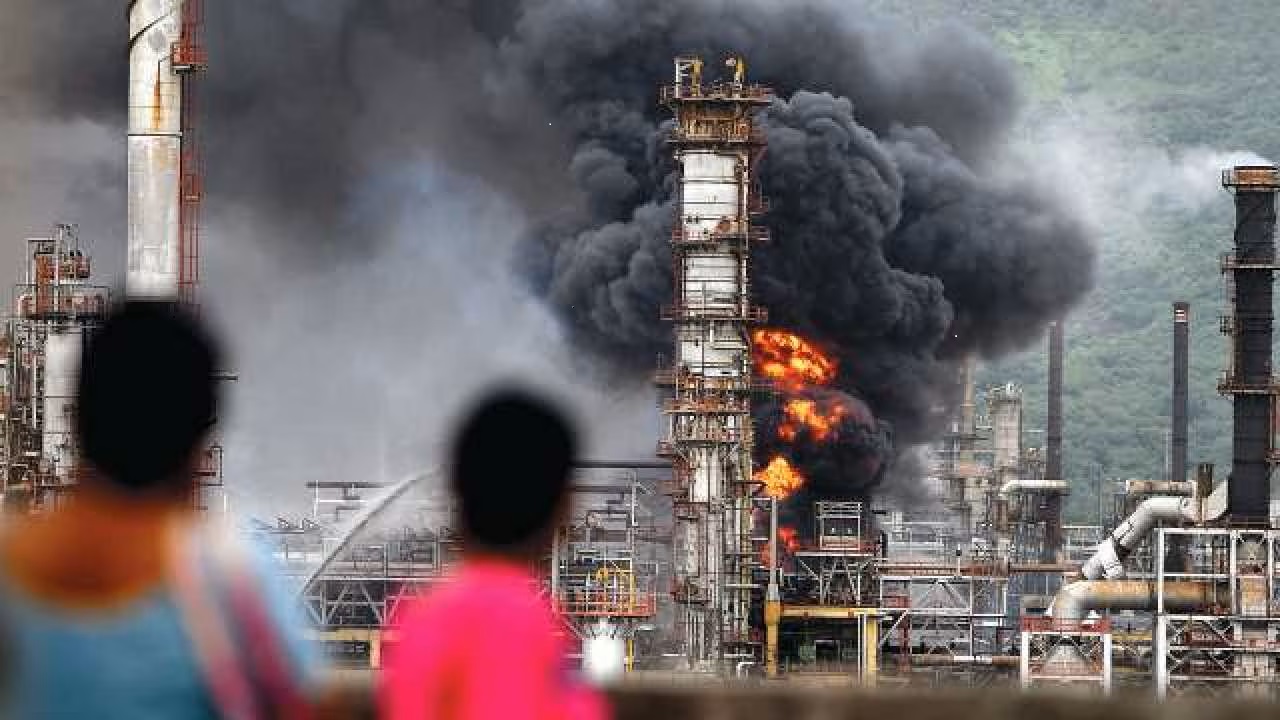(4 minutes read)
Cleaning up a Nigerian state devastated by environmental pollution caused by the hydrocarbon sector would entail a cost of US$12 billion, according to some investigators. Some of the states, sooner or later would follow this costly proposition since environmental degradation is eating the vitals of civic life
Cleaning up a Nigerian state devastated by environmental pollution caused by the hydrocarbon sector would entail a cost of US$12 billion, according to some investigators. Some of the states, sooner or later would follow this costly proposition since environmental degradation is eating the vitals of civic life.
For instance, Bayelsa state, home to some two million people, is in the grip of a human and environmental catastrophe of devastating proportions, recently a report has highlighted. Lying in the Niger Delta region, Bayelsa is where oil was first discovered in Africa in the 1950s. Companies like Shell and Eni have operated for decades in this region. It was once home to one of the largest mangrove forests on the planet. Its rich ecological diversity and value have been lost, and now being counted among the most polluted places on Earth. The report says that at least US$12 billion is needed to clean up the soil and drinking water, reduce the health risk to people and restore mangrove forests essential to stopping floods.
The study was prepared after a four-year investigation, which was carried out by the Bayelsa State Oil and Environmental Commission, an international panel of experts and prominent figures. They have been working at the request of the local government.
The report called on Shell and Eni, whose local subsidiaries still operate in the region, to pay a share of the bill. But both companies said that they have not seen the report and could not offer any comments on the observations contained in the report. Both companies asserted that they have not been consulted during the preparation of the report. Eni, in its response, said that it conducts its activities according to the sector’s international environmental best practices, without any distinction on a country basis. Both companies have blamed most oil spills on sabotage and theft.
Read Also:
https://trendsnafrica.com/the-first-crude-oil-drilling-project-in-northern-nigeria-launched/
https://trendsnafrica.com/nigeria-proposes-six-new-regulations-in-the-oil-sector/
https://trendsnafrica.com/oil-production-platform-explodes-in-nigeria/
The report is based on over 2,500 pieces of evidence including 500 interviews and analysis of 1,600 blood samples from local people. The wider Niger Delta, according to the report, has suffered the equivalent of the Exxon Valdez disaster every single year for 50 years. The 1989 tanker disaster spewed nearly 11 million gallons (42 million litres) of crude oil off the coast of Alaska. The report pointed to the potentially far-reaching impact on health from oil and gas pollution. Researchers blamed the crisis on the systemic failings of international oil company operators with the complicity of Nigeria’s political classes and a dysfunctional Nigerian regulatory state.





